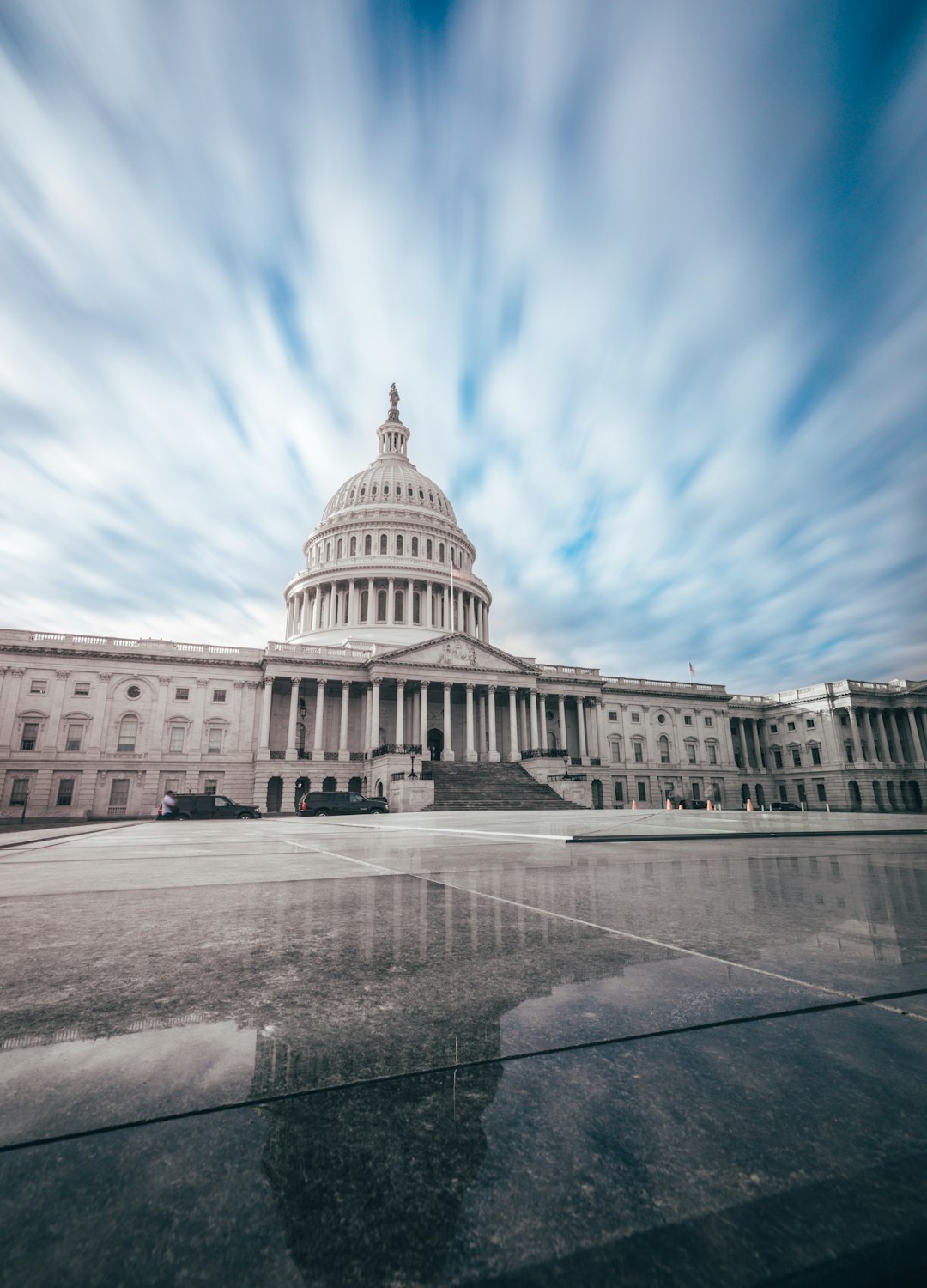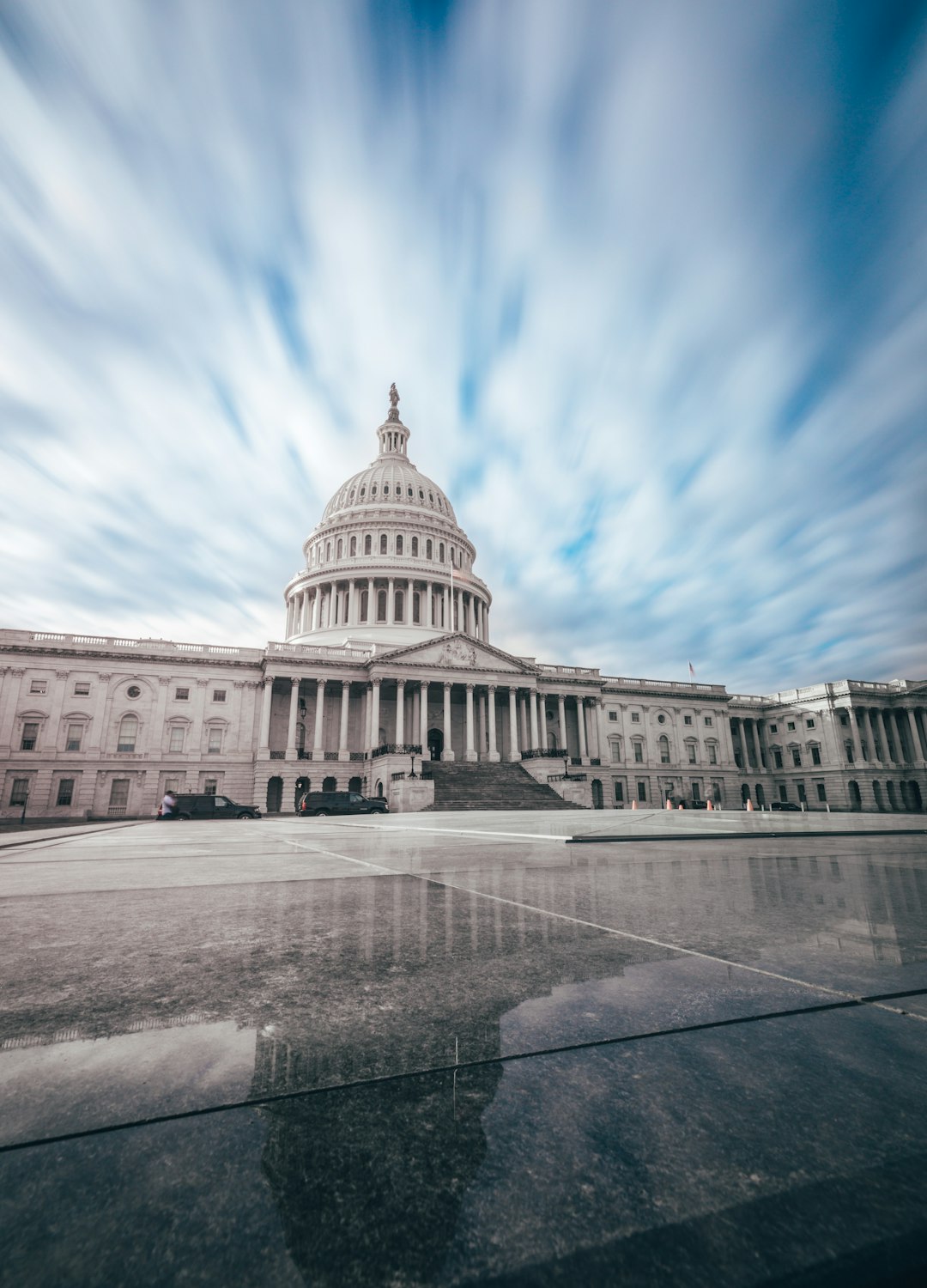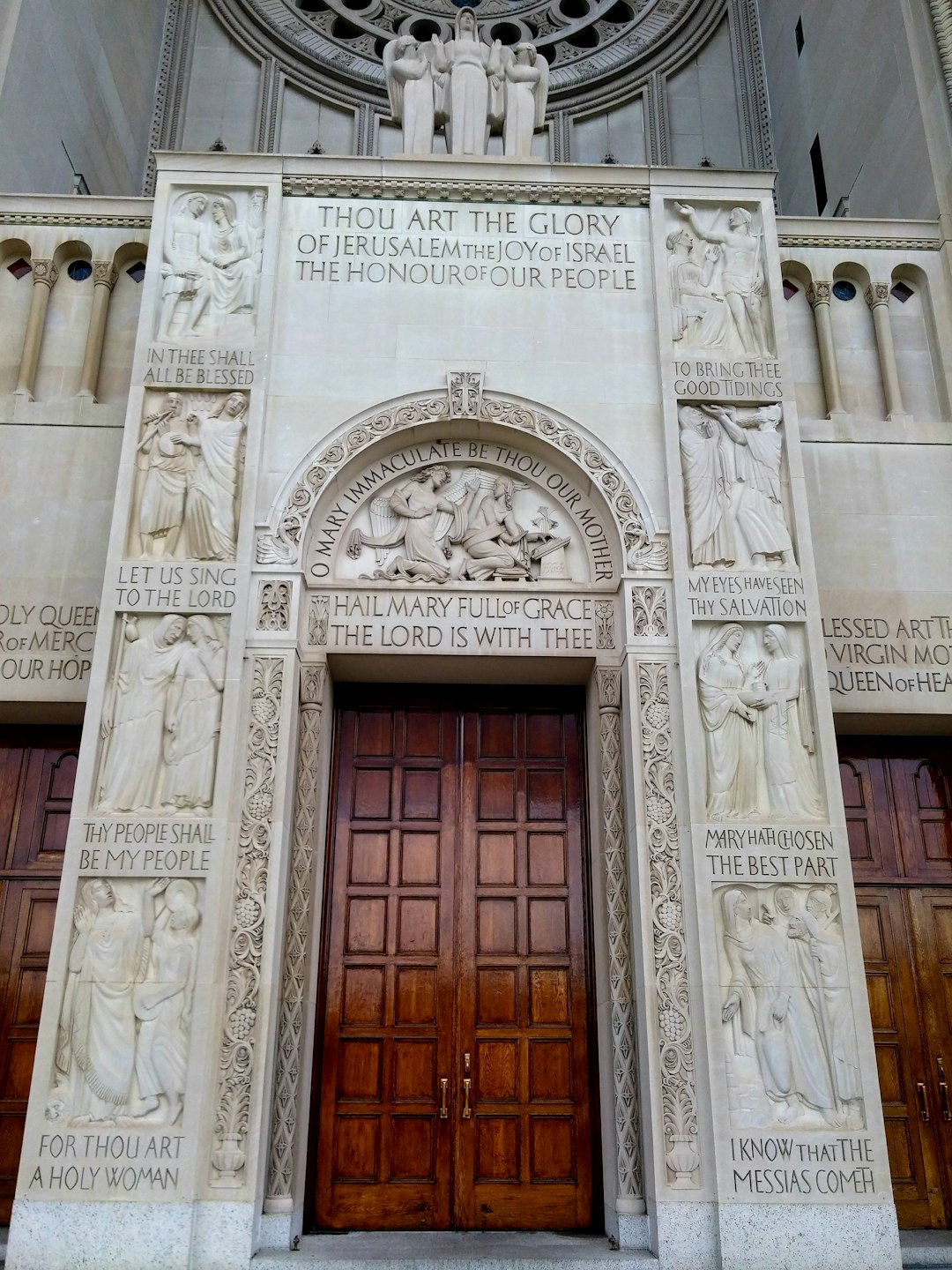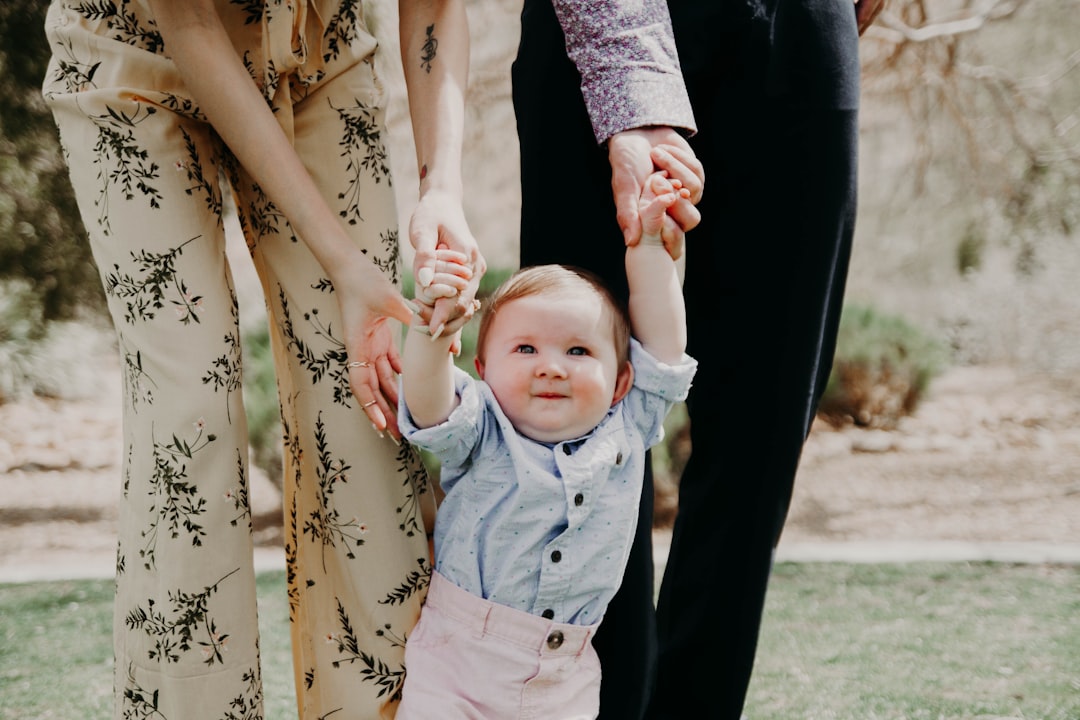Child abuse laws in Washington State are rigorously enforced by specialized child abuse law firms to protect minors from physical, emotional, and sexual harm. Nonprofit organizations in Spokane are driving legal reforms, advocating for stricter policies, and providing crucial services like crisis intervention, counseling, and legal aid through child abuse law firm Washington. Their collaborative efforts have led to significant improvements in the legal framework, protection services, and community education, making Spokane a leader in child safety within the state.
In Spokane, Washington, nonprofits play a pivotal role in shaping and strengthening child abuse laws. This article delves into the intricate relationship between these organizations and legal reform efforts, specifically examining the impact on Washington State’s child abuse legislation. We explore how nonprofit initiatives drive change, highlighting successful strategies and stories that have led to enhanced protection for vulnerable children. By focusing on Spokane’s unique landscape, we uncover a future where a nonprofit-driven approach ensures safer communities for all.
Understanding Child Abuse Laws in Washington State

In Washington State, child abuse laws are designed to protect minors from any form of physical, emotional, or sexual harm. A child abuse law firm in Washington plays a vital role in interpreting and enforcing these regulations, ensuring that children’s rights are upheld and their well-being is prioritized. The state has established clear definitions of what constitutes child abuse, including neglect, assault, and exploitation, to provide a comprehensive legal framework.
Nonprofit organizations in Spokane have been at the forefront of advocating for stricter and more effective child protection policies. By educating communities, providing support services, and collaborating with law enforcement, these groups contribute to the continuous improvement of Washington’s child abuse laws. Their efforts aim to strengthen the legal system, better equip professionals who work with children, and ultimately create a safer environment for all minors in Spokane and beyond.
The Impact of Nonprofits on Legal Reform

Nonprofit organizations play a pivotal role in advocating for and shaping legal reforms related to child abuse in Washington, particularly within the vibrant community of Spokane. These entities, often driven by dedicated volunteers and professionals, bring attention to critical issues and lobby for policy changes that can better protect vulnerable children. Their influence is significant, as they can mobilize public opinion, educate policymakers, and provide essential resources for survivors and prevention programs.
Through research, advocacy campaigns, and direct engagement with legislators, Spokane-based nonprofits have contributed to the development of more stringent child abuse laws in Washington state. Their efforts often include proposing amendments, organizing community forums, and offering expert testimony to ensure that legislation aligns with the latest best practices in child protection. This proactive approach has led to the establishment of robust legal frameworks aimed at holding perpetrators accountable, providing support services for survivors, and fostering a safer environment for children across the region.
Spokane's Nonprofit Organizations Fighting Child Abuse

In Spokane, a robust network of nonprofit organizations plays a pivotal role in combating child abuse and advocating for stronger legal protections. These dedicated groups, often led by passionate volunteers and professionals, provide critical services such as crisis intervention, counseling, and legal aid to victims and families affected by child abuse. Their efforts extend beyond immediate support, as they actively engage with the community, educate the public, and lobby for policy changes, including amendments to Washington’s child abuse laws.
Many of these nonprofits specialize in representing victims through a child abuse law firm in Washington, ensuring that their voices are heard and their rights protected within the legal system. By combining legal expertise with emotional support, they offer a comprehensive approach to healing and prevention. Through their collective advocacy, Spokane’s nonprofit organizations have significantly contributed to shaping legislation aimed at safeguarding children and holding perpetrators accountable.
Strategies and Success Stories: Changing the Law

Nonprofit organizations in Spokane, Washington, have played a pivotal role in advocating for and implementing changes to the state’s child abuse laws. By employing various strategies, these groups have successfully raised awareness, influenced policy decisions, and brought much-needed attention to this critical issue. One of their key approaches is education and outreach; they organize workshops, seminars, and community events to inform parents, caregivers, and teachers about recognizing and reporting child abuse signs. This proactive effort has empowered individuals to take action and contribute to a safer environment for children.
A notable success story involves the efforts of a local nonprofit that collaborated with lawmakers to draft and pass legislation strengthening the response to child abuse within the legal system. Their advocacy led to the establishment of specialized courts and protective services, ensuring better support and faster interventions. This collaboration between grassroots organizations and policymakers has resulted in more robust laws, improved prosecution rates, and enhanced protection for victims, making Washington state a model for others to follow regarding child abuse prevention and justice.
The Future of Child Protection: A Nonprofit-Driven Approach

The future of child protection in Washington, and particularly in Spokane, is being actively shaped by nonprofits dedicated to eradicating child abuse. These organizations are at the forefront of advocacy, education, and support for victims, which ultimately drives policy changes and reinforces the state’s child abuse laws. By working closely with local communities, law enforcement, and government agencies, nonprofit groups are able to identify gaps in existing legislation and advocate for more robust protections.
A nonprofit-driven approach emphasizes a holistic strategy to address child abuse, encompassing prevention programs, intervention services, and long-term recovery support. This collaborative model ensures that the voices of survivors and experts in the field are heard, leading to laws that are not just compliant but also compassionate and effective. For instance, such organizations may push for improved access to legal aid for victims, better training for first responders, and more resources for therapeutic interventions, all of which contribute to a stronger framework for protecting Washington’s children.






